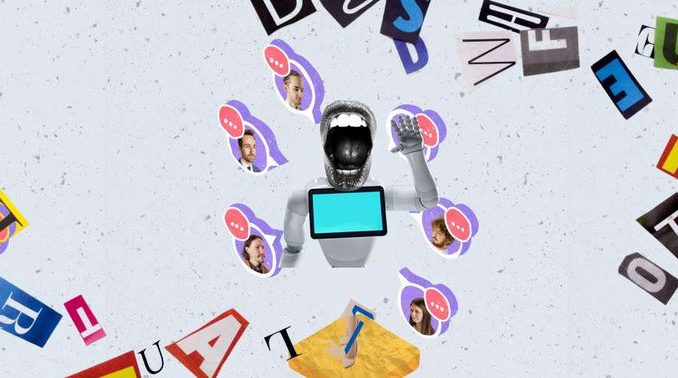
Artificial intelligence is the simulation of human intelligence processes by machines, especially computer systems. Specific applications of AI include expert systems, natural language processing, speech recognition, and machine vision. The adoption of AI has been driven not just by increased computational power and new algorithms yet additionally by the growth of data now accessible. This article will discuss the 10 key terms defining artificial intelligence in 2023.
Big Data
Massive data sets that are statistically analyzed to gain detailed insights. The data can involve billions of records and require substantial computer-processing power. Datasets are sometimes linked together to see how patterns in one domain affect other areas. Data can be structured into fixed fields or unstructured as free-flowing information. The analysis of big data, often using AI, can reveal patterns, trends, or underlying relationships that were not previously apparent to researchers.
Chatbot
A chatbot, or a conversational agent or virtual assistant, is a system capable of conversing with users based on conversations scripted upstream. Its role is to respond with maximum relevance to questions often requested by internet users, clients, or personnel. As a result, recurring tasks can be automated, permitting employees to use their time better.
ChatGPT
ChatGPT interface is built on top of GPT-3.5. GPT-3.5 is a significant language model developed by OpenAI that is trained on a massive amount of internet text data and fine-tuned to perform a wide range of natural language tasks. Example: GPT-3.5 has been fine-tuned for tasks such as language translation, text summarization, and question answering.
